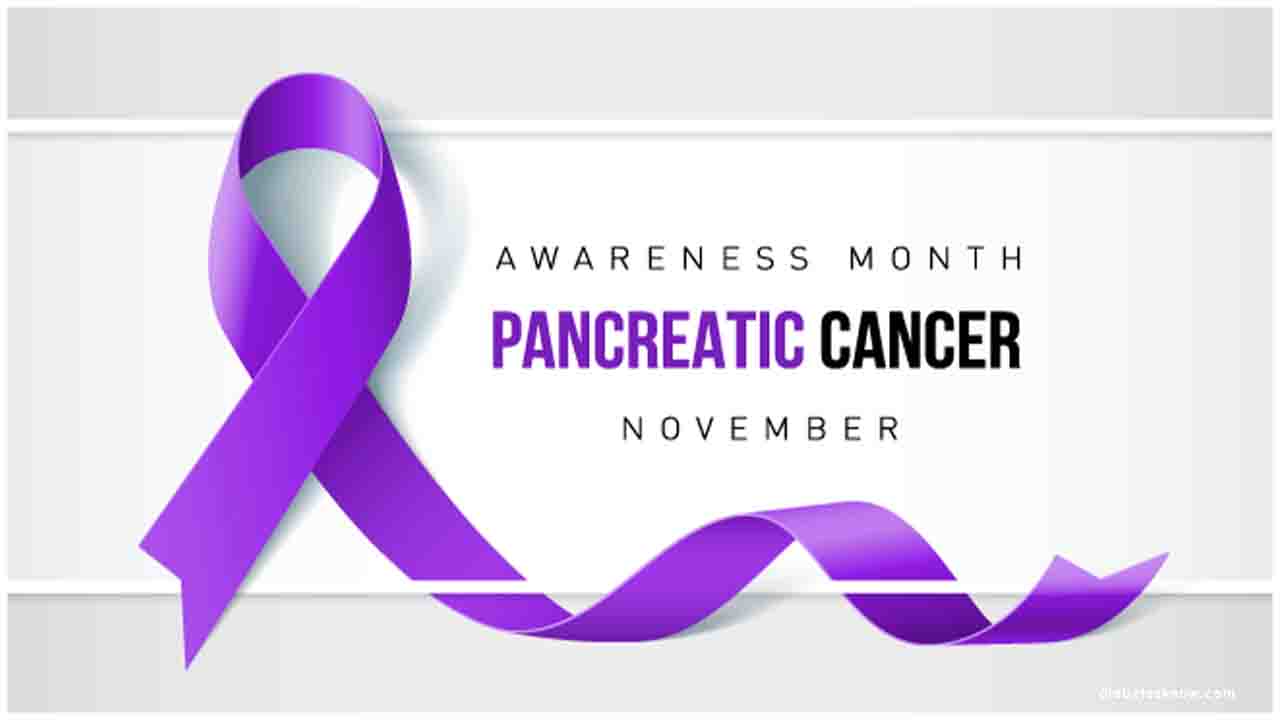The pancreas is an organ which is located deep in the abdomen, in front of the spine above the level of the belly button and is in close proximity to many important body parts such as the small intestine (the duodenum) and the bile ducts, as well as important blood vessels and nerves.
There are two types of pancreatic cells:
Exocrine cells - makes enzymes that are released into the small intestine to help the body digest food Neuroendocrine cells - pancreas cells like islet cells, make several hormones, including insulin and glucagon that help control blood sugar levels. The enzymes leave the pancreas via tubes called ducts that connect the pancreas to the intestines where the enzymes mix with ingested food.
When cells in the pancreas begin to multiply out of control and form a mass is what is called as pancreatic cancer. Also, these cancerous cells have the ability to move around other parts of the body.
Pancreatic cancer is considered to be one of the leading causes of cancer deaths in advanced countries and it is on rising in developing countries like India. The incidence of pancreatic cancer is higher in the urban male population of Western and Northern parts of India and is very difficult to diagnose in its early stages. Doctors blame it on sedimentary lifestyle, smoking, and consumption of high alcohol. The relative 1-year survival is only 24% and the overall 5-year survival rate for this disease is less than 5%. Pancreatic cancer can affect anyone; but outcomes from the disease vary according to socioeconomic background, ethnicity, and age. 
While these statistics show a bleak picture of the disease,  with early diagnosis, pancreatic cancer can be cured. For those diagnosed in time,  5-year survival increases to around 30%. This presents an opportunity for intervention where people can be diagnosed earlier and live longer with a better quality of life.  
Nutrition in Pancreatic Cancer
Pancreatic cancer affects how one feels and their hunger or ability to eat. Choosing foods that can be tolerated and easily digested is the key. Make sure that the choices optimize health, support recovery, and reduce symptoms.
Dietary concerns
The pancreas is important for regulating blood sugar and the digestion of food, your diet will be affected, no matter where you are in treatment. Dietary concerns include trouble with digestion. If your pancreas doesn’t produce enough pancreatic enzymes, digesting food especially fat will be difficult for the body. When fat isn’t digested fully, it can make it harder to absorb the nutrition in your food which can also result in:
Diarrhea Cramping Bloating Flatulence
Beneficial foods for pancreatic cancer include:
Fruits and vegetablesEating at least five servings of non-starchy vegetables and fruits daily is recommended. Cooked vegetables may be easier to tolerate than raw ones. Citrus fruits, leafy greens, and cruciferous vegetables are high in antioxidants, fiber, and phytochemicals.
Options include:
Blueberries Broccoli Oranges Kale Spinach Lean protein Protein-rich foods bolster the immune system and help repair cells and tissues. Easy-to-digest protein sources include: Eggs Nut butter Tofu Fish Poultry High-fiber starchesComplex carbohydrates
Getting enough folate, a B vitamin found in this category of foods is also important for reducing the risk of pancreatic cancer. Also, foods rich in fiber don’t spike blood sugar levels as quickly as simple carbs do. They also keep energy levels up. Good choices include:
Potatoes Beans Lentils Oatmeal Quinoa Brown riceGreen tea
Green tea contains polyphenols, which may have anti-cancer properties and is recommended to be consumed.
Healthy fats
Fat is necessary for overall health. It supplies energy and helps maintain core body temperature. Good fats include monounsaturated and polyunsaturated fats, such as:
Olive oil Desi ghee Nuts AvocadosPancreatic cancer decreases the ability of the pancreas to make enough insulin to control blood sugar which may result in diabetes which in turn may be a risk factor for pancreatic cancer.
In such a case where you have pancreatic cancer plus diabetes, you’ll want to choose foods that keep your blood sugar levels as low as possible. Look for options that are low in sugar and high in fiber, such as plant-based foods. Fruits, vegetables, and legumes are all good choices, and stay away from processed foods, with lots of trans and saturated fat, and sugar.
Foods to avoid in pancreatic cancer:
Many people with pancreatic cancer have difficulty digesting simple carbohydrates and sugary foods or drinks. These foods also represent empty, non-nutritious calories.
Red meat and processed meat - These are hard to digest foods and also have been cited as carcinogenic. Greasy, fatty, or fried foods - High-fat foods can increase uncomfortable symptoms, such as diarrhea, bloating, and gas. Alcohol - drinking may increase pancreatic cancer risk or worsen your symptoms if you have pancreatic cancer. Sugar and refined carbohydrates - If you’re experiencing glucose intolerance or dumping syndrome, talk to your doctor about your sugar intake.
References:
BM Gupta1, et al, Pancreatic Cancer Research in India: A Scientometric Assessment of Publications during 2007-16, EC GASTROENTEROLOGY AND DIGESTIVE SYSTEM

 If your pancreas doesn’t produce enough pancreatic enzymes, digesting food especially fat will be difficult for the body. When fat isn’t digested fully, it can make it harder to absorb the nutrition in your food.
If your pancreas doesn’t produce enough pancreatic enzymes, digesting food especially fat will be difficult for the body. When fat isn’t digested fully, it can make it harder to absorb the nutrition in your food.









.jpeg)



.jpg)





.jpeg)



.jpg)


.jpg)




.jpg)


